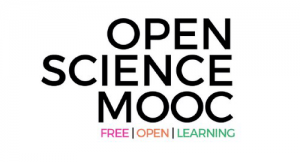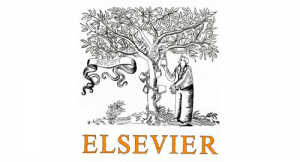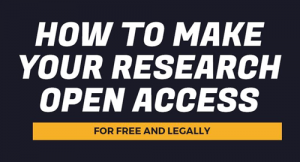 is a renowned Open Access speaker and activist. He received his PhD from the Imperial College London for his work on palaeontology and founded the preprint server, paleorXiv.
is a renowned Open Access speaker and activist. He received his PhD from the Imperial College London for his work on palaeontology and founded the preprint server, paleorXiv.
Other occupations and achievements
- Freelance science writer and consultant
- Author of the kids book !
- Community Editor for PLOS Paleo
- Communications Director for
- Founder of the Open Science MOOC
![]()
Selected Publications
Tennant JP, Dugan JM, Graziotin D et al. A multi-disciplinary perspective on emergent and future innovations in peer review [version 2; referees: 2 approved with reservations]. F1000Research 2017, 6:1151 (doi: 10.12688/f1000research.12037.2)
Tennant JP, Waldner F, Jacques DC et al. The academic, economic and societal impacts of Open Access: an evidence-based review [version 3; referees: 4 approved, 1 approved with reservations]. F1000Research 2016, 5:632 (doi: 10.12688/f1000research.8460.3)

– Introducing the Open Science MOOC by Jon Tennant. This article was originally published on genr.eu | DOI: 10.25815/6hyr-g583 The world of research is not working as well as it could be. On all sides we see issues with reproducibility, questionable research practices, barriers and walls, wasteful research, and flawed incentive and reward systems. If we want research to be more effective in helping to solve the problems our world ...
Read More
Read More

In an attempt to secure and protect unbiased Open Science in Europe our team member, palaeontologist and Open Access activist Jon Tennant has taken another stand against Elsevier. Elsevier is the biggest and most influential scientific publisher and at the same time probably the most profitable business worldwide. To get an overview of the cascade of events and some background on the story, read the following articles: Tennant J (June 28, 2018), Elsevier ...
Read More
Read More

The infographic shows how to achieve 100% Open Access for free and legally; available on figshare ...
Read More
Read More

In his blog Green Tea and Velociraptors, Jon Tennant describes his approach to writing a peer review. […] I remember the first time I got a review request in the second year of my PhD. An Editor emails you out of the blue, and asks you to provide your expert commentary on research by your colleagues. EXPERT COMMENTARY. BUT I’M NO EXPERT. PANIC. Well, you are an expert to some degree. Which is why ...
Read More
Read More